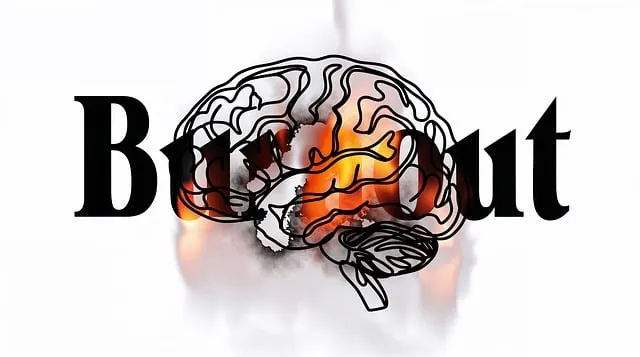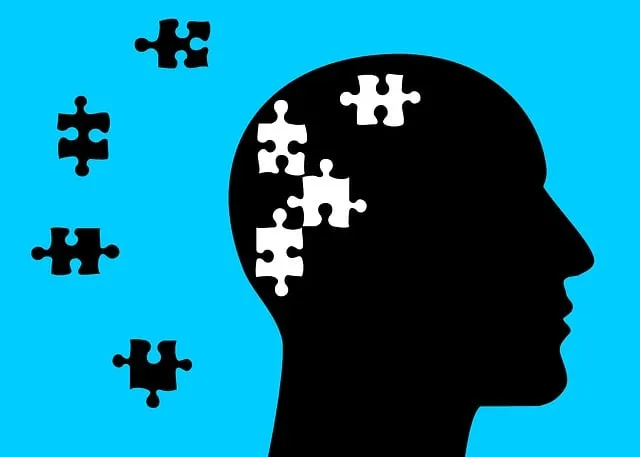Mental wellness group facilitation within Kaiser Permanente, inspired by their Golden mental health department phone number, offers peer support and structured sessions tailored to diverse needs. Facilitators create safe spaces using active listening, empathy, and flexible agendas to encourage open dialogue, self-reflection, and positive thinking. This approach fosters connections, builds trust, and provides valuable resources for personal growth through evidence-based coping strategies and community outreach. Continuous improvement is measured through feedback and tracking individual progress in self-esteem, mood, and stress management, ensuring a data-driven, effective mental wellness mission.
“Uncover powerful techniques for facilitating mental wellness groups with this comprehensive guide. From understanding the fundamentals of group facilitation within the context of the Kaiser Permanente mental health department, to mastering roles and fostering connections, this article illuminates best practices. Learn strategies to engage participants, navigate challenges, and promote effective coping. Discover metrics for measuring success and ensuring continuous improvement, inspired by the Golden rule of supportive environments. Empower yourself to make a positive impact.”
- Understanding Mental Wellness Group Facilitation
- Role of a Facilitator in a Supportive Environment
- Techniques to Foster Engagement and Connection
- Addressing Challenges and Promoting Coping Strategies
- Measuring Success and Continuous Improvement
Understanding Mental Wellness Group Facilitation

Understanding Mental Wellness Group Facilitation involves recognizing the unique benefits of group settings in fostering better mental health. Unlike individual therapy, group facilitation encourages peer-to-peer support and shared experiences, creating a safe space for individuals to express their feelings and learn from one another. This dynamic is particularly powerful, as it promotes a sense of community and belonging, which are vital components of mental wellness, as highlighted by the Kaiser Permanente mental health department phone number Golden.
The process involves skilled facilitators who guide discussions, facilitate activities, and ensure every participant feels heard. Through structured yet flexible sessions, facilitators can tailor interventions to meet diverse needs, incorporating elements of Self-Care Routine Development for Better Mental Health and Mental Wellness Coaching Programs Development. Moreover, Community Outreach Program Implementation can expand access to these services, reaching individuals who might otherwise face barriers to care.
Role of a Facilitator in a Supportive Environment

In a supportive environment facilitated by professionals from the Kaiser Permanente mental health department, the role of the facilitator goes beyond merely organizing sessions. They act as guides, creating a safe and inclusive space for participants to share their experiences and insights openly. Through active listening, empathetic responses, and structured yet flexible agendas, facilitators foster a sense of belonging and encourage self-reflection among group members. This approach not only promotes positive thinking but also allows individuals to build on each other’s strengths and learn coping strategies tailored to their unique needs.
The facilitator plays a crucial role in navigating the dynamics of the group, ensuring every voice is heard. They facilitate meaningful discussions, help manage potential conflicts, and subtly steer conversations towards productive topics. By integrating risk assessment techniques for mental health professionals, facilitators can identify individuals who may be at risk of self-harm or harm to others and provide appropriate support. Moreover, by promoting a culture of self-esteem improvement, these sessions become powerful tools for personal growth, enabling participants to cultivate resilience and enhance their overall mental wellness.
Techniques to Foster Engagement and Connection

Facilitating a supportive environment is key to engaging and connecting with group members, especially when discussing sensitive topics related to mental wellness. Techniques such as active listening, where facilitators pay close attention to each participant’s perspective, create a safe space for open dialogue. This encourages individuals to share their experiences and fosters a sense of belonging within the group. Additionally, incorporating interactive activities or discussions centered around real-life challenges helps build camaraderie. By encouraging members to offer solutions or share coping strategies, facilitators promote peer support and enhance the overall therapeutic experience.
To further stimulate engagement, facilitators can incorporate diverse methods like icebreakers, meditation exercises, or even art therapy sessions. These activities not only break the monotony of traditional talks but also allow participants to connect on a deeper level. For instance, sharing personal stories related to mental health struggles can normalize conversations around anxiety relief and encourage self-care practices. The Golden rule for facilitators is to ensure every voice is heard while maintaining confidentiality, which builds trust and encourages continuous participation in the group setting, ultimately enriching the Mental Wellness Podcast Series production process.
Addressing Challenges and Promoting Coping Strategies

Facilitating a mental wellness group involves skillfully addressing various challenges members might face. As a leader, it’s crucial to create a safe and supportive environment where individuals feel comfortable sharing their experiences. Many participants may struggle with anxiety or social awkwardness when discussing sensitive topics related to mental health. Overcoming these barriers requires techniques like active listening, normalizing different perspectives, and using inclusive language. Encouraging open dialogue through icebreakers and structured activities can help members build trust and connect on a deeper level.
Promoting effective coping strategies is another integral aspect of group facilitation. Group members often seek practical tools to manage conditions like depression or stress. Facilitators can guide them towards evidence-based practices such as mindfulness exercises, cognitive reframing techniques, and mental wellness journaling. Sharing resources from reputable organizations like the Kaiser Permanente Mental Health Department (phone number: [insert Golden location phone number here]) can further enhance participants’ understanding of available support systems. Public awareness campaigns focused on destigmatizing mental health issues can also inspire group members to take charge of their well-being through proactive measures.
Measuring Success and Continuous Improvement

Measuring success and continuously improving mental wellness group facilitation techniques is vital for any organization, including the Kaiser Permanente mental health department. By utilizing evidence-based methods to assess progress, facilitators can tailor their approaches to better meet the needs of participants. Regular feedback from group members, as well as monitoring individual improvements in self-esteem, mood management, and stress management workshops, serves as a powerful indicator of successful facilitation. This data allows for adjustments in strategies and techniques, ensuring that each session builds upon previous learnings and fosters ongoing personal growth.
Additionally, evaluating the overall organization’s impact on mental health initiatives through phone calls or surveys can provide valuable insights. The Golden rule is to foster an environment where participants feel safe to share their experiences honestly. By embracing this feedback loop, facilitators not only enhance the effectiveness of their groups but also contribute to the broader mission of improving mental wellness within the community, setting a standard for best practices in group facilitation.
Mental wellness group facilitation is a powerful tool for fostering community, understanding, and healing. By implementing the techniques discussed here—from creating a supportive environment to measuring success—facilitators can significantly enhance the experience for all participants. Whether you’re with Kaiser Permanente mental health department in Golden or anywhere else, these strategies offer a framework for making group sessions engaging, effective, and life-changing.






